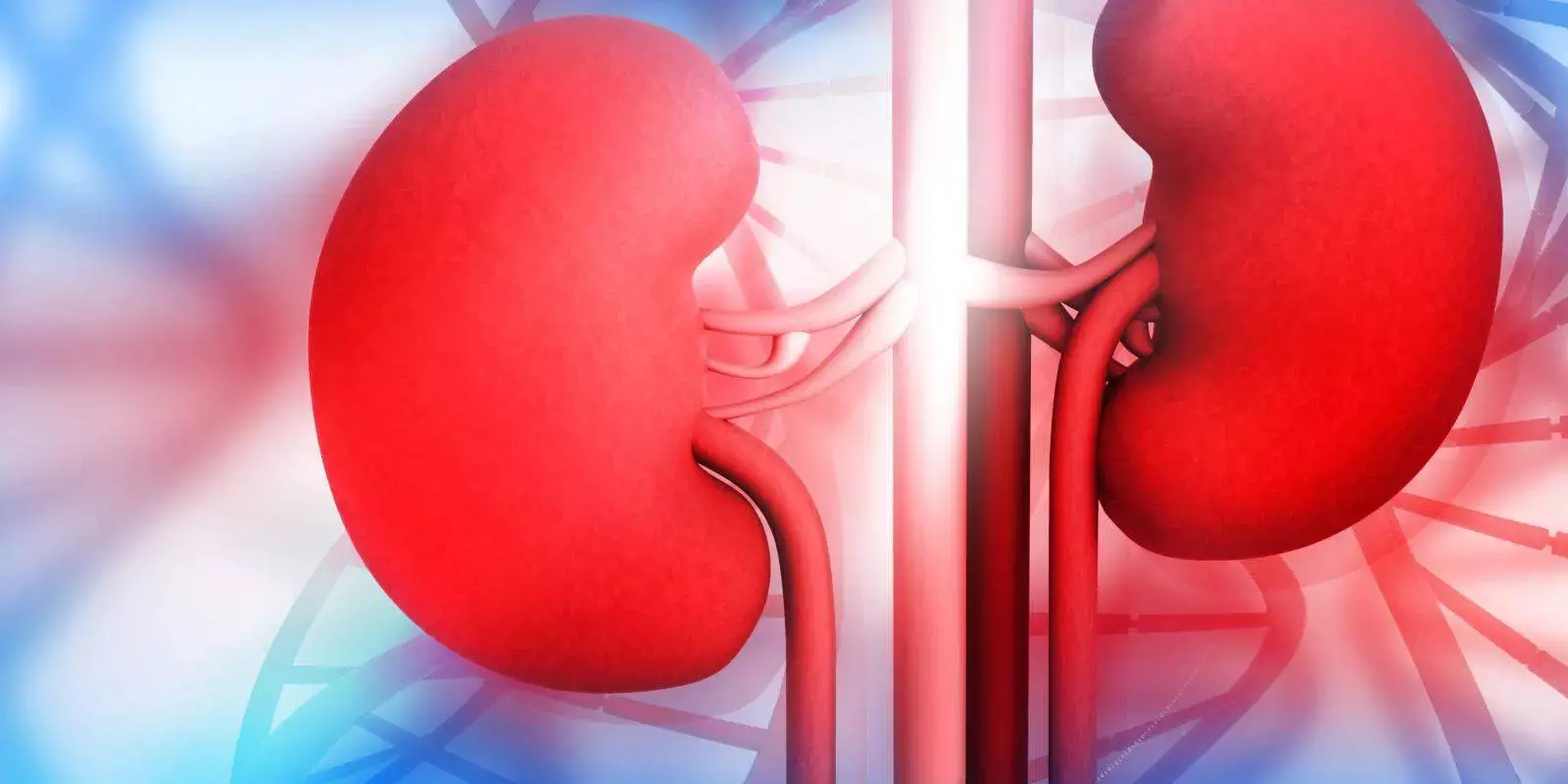- Home
- Medical news & Guidelines
- Anesthesiology
- Cardiology and CTVS
- Critical Care
- Dentistry
- Dermatology
- Diabetes and Endocrinology
- ENT
- Gastroenterology
- Medicine
- Nephrology
- Neurology
- Obstretics-Gynaecology
- Oncology
- Ophthalmology
- Orthopaedics
- Pediatrics-Neonatology
- Psychiatry
- Pulmonology
- Radiology
- Surgery
- Urology
- Laboratory Medicine
- Diet
- Nursing
- Paramedical
- Physiotherapy
- Health news
- Fact Check
- Bone Health Fact Check
- Brain Health Fact Check
- Cancer Related Fact Check
- Child Care Fact Check
- Dental and oral health fact check
- Diabetes and metabolic health fact check
- Diet and Nutrition Fact Check
- Eye and ENT Care Fact Check
- Fitness fact check
- Gut health fact check
- Heart health fact check
- Kidney health fact check
- Medical education fact check
- Men's health fact check
- Respiratory fact check
- Skin and hair care fact check
- Vaccine and Immunization fact check
- Women's health fact check
- AYUSH
- State News
- Andaman and Nicobar Islands
- Andhra Pradesh
- Arunachal Pradesh
- Assam
- Bihar
- Chandigarh
- Chattisgarh
- Dadra and Nagar Haveli
- Daman and Diu
- Delhi
- Goa
- Gujarat
- Haryana
- Himachal Pradesh
- Jammu & Kashmir
- Jharkhand
- Karnataka
- Kerala
- Ladakh
- Lakshadweep
- Madhya Pradesh
- Maharashtra
- Manipur
- Meghalaya
- Mizoram
- Nagaland
- Odisha
- Puducherry
- Punjab
- Rajasthan
- Sikkim
- Tamil Nadu
- Telangana
- Tripura
- Uttar Pradesh
- Uttrakhand
- West Bengal
- Medical Education
- Industry
Older patients with CKD who started allopurinol at higher risk of severe cutaneous reaction

Older patients with CKD who started allopurinol at >100 mg/d versus <100 mg/d were twice as likely to visit a hospital with a severe cutaneous reaction in the next 180 days suggests a recent study published in the American Journal of Kidney Disease.
Allopurinol should be started at lower doses in patients with chronic kidney disease (CKD) to avoid adverse effects. They examined the risk of severe cutaneous reactions in older adults with CKD who were newly prescribed allopurinol at varying doses.
Population-based cohort study using linked health care databases was conducted. Patients in Ontario, Canada (2008-2019) aged ≥66 years, with an estimated glomerular filtration rate (eGFR) of <60 mL/min/1.73 m2, and who were new users of allopurinol. A new prescription for allopurinol >100 mg/d versus a dose ≤100 mg/d. The primary outcome was a hospital visit with a severe cutaneous reaction within 180 days of starting allopurinol. Secondary outcomes included all-cause hospitalisation and all-cause mortality.
Results
• Of 47,315 patients, 55% started allopurinol at >100 mg/d.
• Starting allopurinol at >100 versus ≤100 mg/d was associated with an increased risk of a severe cutaneous reaction: number of events (weighted), 103 of 25,802 (0.40%) versus 46 of 25,816 (0.18%), respectively (weighted RR, 2.25; weighted RD, 0.22%
• Starting allopurinol at >100 versus ≤100 mg/d was associated with an increased risk of all-cause hospitalization but not with all-cause mortality.
This study was underpowered to detect risk differences in the association of allopurinol dose with outcomes across eGFR categories (ie, 45-59, 30-44, and <30 mL/min/1.73 m2).
Older patients with CKD who started allopurinol at >100 mg/d versus ≤100 mg/d were twice as likely to visit a hospital with a severe cutaneous reaction in the next 180
Reference:
Bathini L et al. Initiation dose of allopurinol and the risk of severe cutaneous reactions in older adults with CKD: A population-based cohort study. Am J Kidney Dis 2022 Dec; 80:730. (https://doi.org/10.1053/J.AJKD.2022.04.006. OPENS IN NEW TAB)
Dr. Shravani Dali has completed her BDS from Pravara institute of medical sciences, loni. Following which she extensively worked in the healthcare sector for 2+ years. She has been actively involved in writing blogs in field of health and wellness. Currently she is pursuing her Masters of public health-health administration from Tata institute of social sciences. She can be contacted at editorial@medicaldialogues.in.
Dr Kamal Kant Kohli-MBBS, DTCD- a chest specialist with more than 30 years of practice and a flair for writing clinical articles, Dr Kamal Kant Kohli joined Medical Dialogues as a Chief Editor of Medical News. Besides writing articles, as an editor, he proofreads and verifies all the medical content published on Medical Dialogues including those coming from journals, studies,medical conferences,guidelines etc. Email: drkohli@medicaldialogues.in. Contact no. 011-43720751


